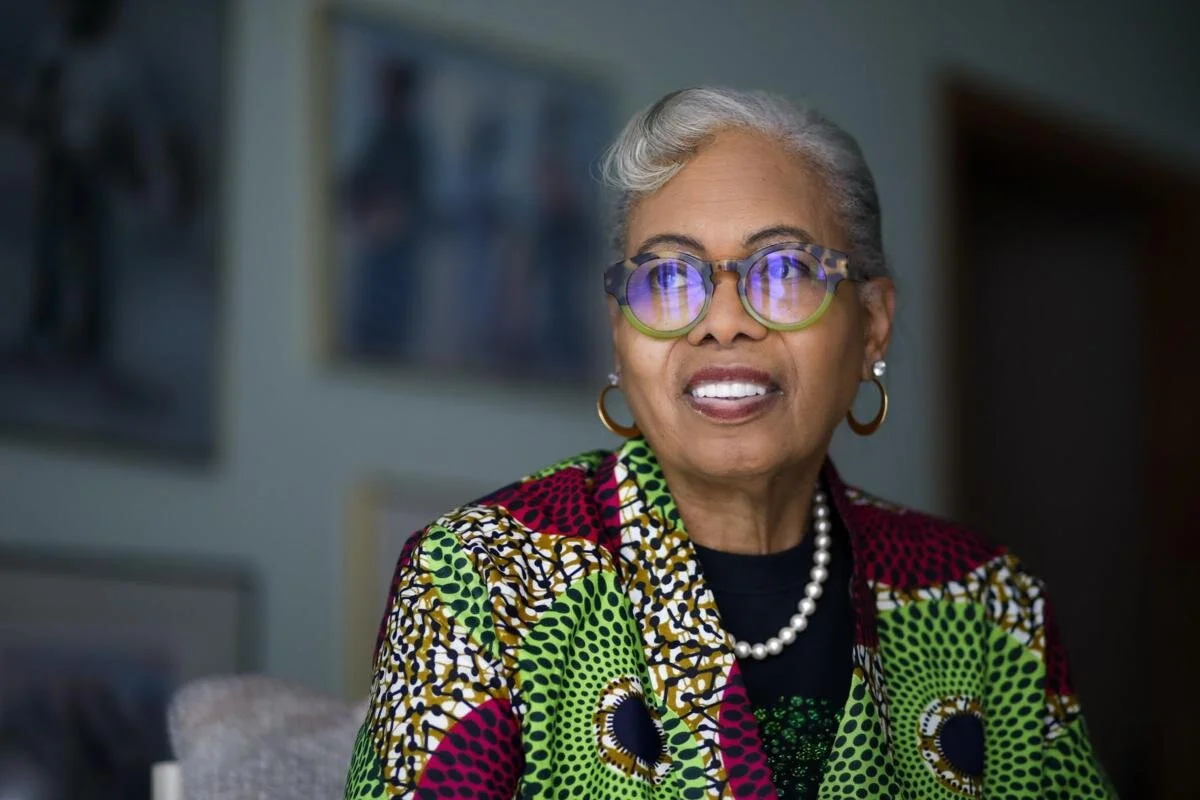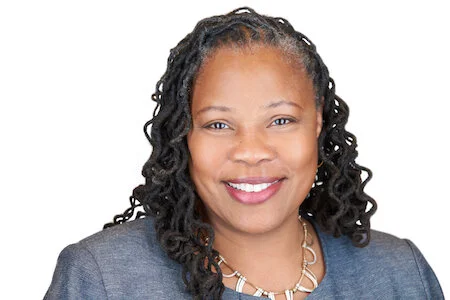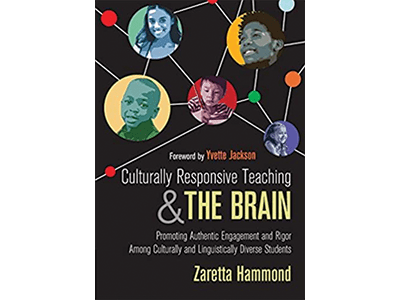What is Culturally Responsive Teaching?
/Culturally Relevant Pedagogy
Dr. Gloria Ladson-Billings made this teaching approach popular and defined it as one "that empowers students to maintain cultural integrity, while succeeding academically." In her book, The Dreamkeepers: Successful Teachers of African American Children, Dr. Ladson-Billings profiles teachers who use culturally relevant teaching and use each student’s unique strengths to support their continued growth.
“Culturally Relevant Pedagogy is not just endorsing or validating the culture kids come with; it’s giving them access to at least one other culture, so they leave school at least biculturally competent. You are covering not just Black or Brown kids, but white kids; white kids should not go out into a very international, global workforce and only understand themselves or their culture.”
Photo Credit: Ruthie Hauge
Photo Credit: Zaretta Hammond
Various Terms for a Similar Approach
Culturally relevant pedagogy has also been referred to as culturally appropriate, culturally congruent, culturally responsive, and culturally compatible within research on this teaching technique.
Zaretta Hammond built on this research and her experience using cognitive science in the classroom to write Culturally Responsive Teaching and the Brain: Promoting Authentic Engagement and Rigor Among Culturally and Linguistically Diverse Students. Within her work, Hammond provides tangible strategies for educators to create learning communities that honor differences amongst students, create learning partnerships and alliances, and adjust their instructional approach to build students’ intellective capacity.
Culturally Responsive Teaching and The Brain: Elements
Analyze the current landscape and the role culture plays in student achievement
Examine your own culture, biases, and way of viewing the world
Create learning partnerships with students and their families based on trust
Build students intellective capacity in socially and intellectually safe environments
Use equity to guide your leadership in and out of the classroom
Becoming Champions
"Every child deserves a champion; an adult who will never give up on them, who understands the power of connection and insists they become the best they can possibly be." - Rita Pierson
Becoming a culturally responsive educator allows us to be a champion for all of our students by honoring their unique cultural backgrounds as we support their ability to become independent learners.




